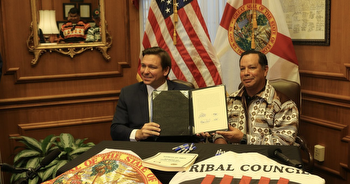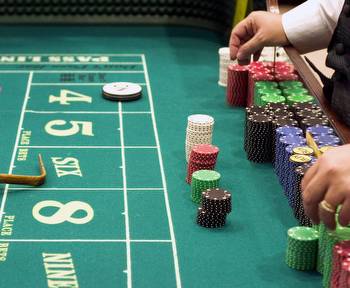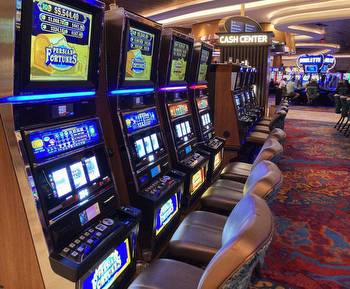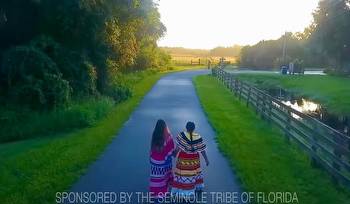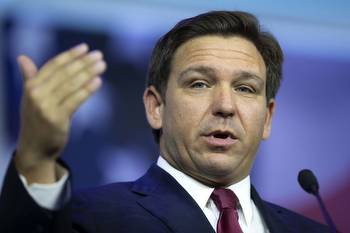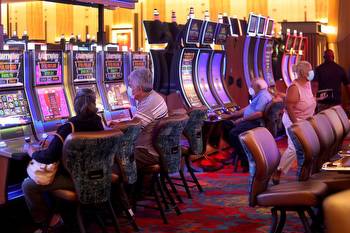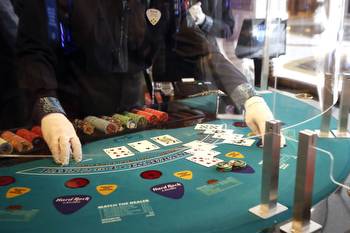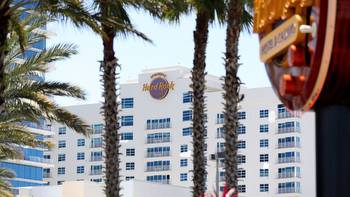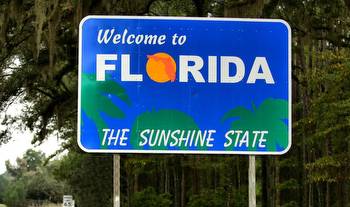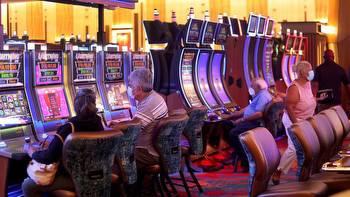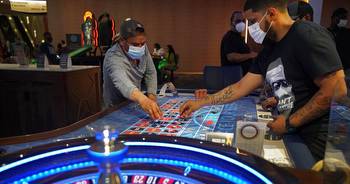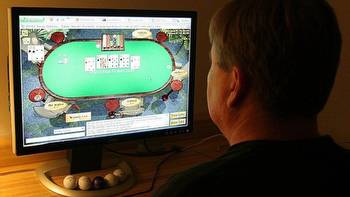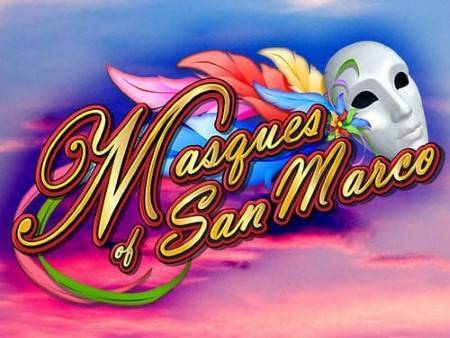Florida gambling deal passes federal review
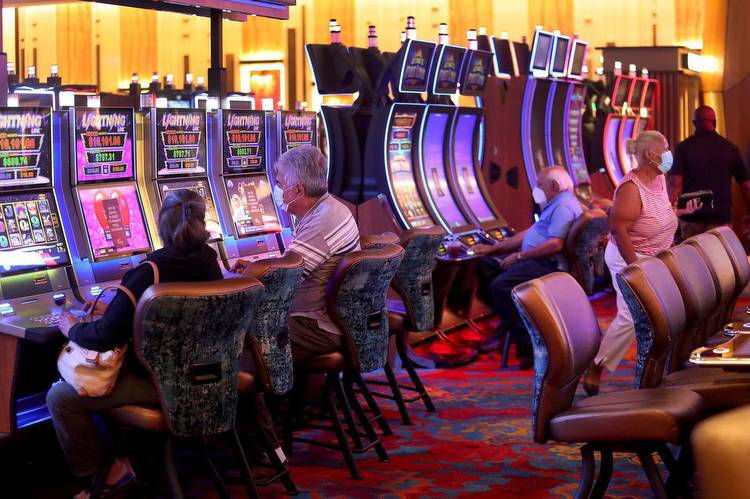
A key federal agency will not block a sweeping gambling deal Gov. Ron DeSantis signed with the Seminole Tribe of Florida, opening the door for sports betting to start as soon as Oct. 15 in Florida and setting the stage for a legal showdown over the issue.
The agreement allows the Seminole Tribe to offer statewide online sports betting in partnership with the state’s pari-mutuel facilities, which include poker card rooms, horse racing tracks and jai-alai arenas.
If it holds up in court, Floridians would have to be at least 21 years old to bet on sports. Bets could be placed on collegiate and professional sporting events, motor sports and Olympic contests. The deal also allows the Seminoles to offer craps and roulette at its casinos.
Three new casinos could be built on the Seminole Tribe’s Hollywood reservation in South Florida, which includes the Seminole Hard Rock Casino and a guitar-shaped hotel.
Florida also is set to collect a windfall of new funds in gambling payments. The state is guaranteed at least $2.5 billion over the next five years and at least $6 billion over the next decade, according to the governor’s office.
The Florida Legislature approved the gambling deal in May.
DeSantis and Marcellus Osceola Jr., chairman of the Seminole Tribe of Florida, applauded the development in statements issued Friday.
“The final approval of this historic gaming compact is a big deal for the state of Florida,” DeSantis said. “This mutually beneficial agreement will grow our economy, expand tourism and recreation and provide billions in new revenue to benefit Floridians.”
Gambling opponents have vowed to continue fighting against legal sports betting. John Sowinski, president of the anti-gambling group No Casinos, said in a prepared statement he was “deeply disappointed” the federal government took no action on the deal, known as a compact.
“Only Florida voters, not politicians in Tallahassee or Washington, have the power to expand gambling in Florida,” he said on Friday. “This issue will have its day in both state and federal courts, where we are confident that this compact will be overturned.”
Amendment 3, passed by nearly 72% of voters in 2018, specifies voters have the “exclusive right to decide whether to authorize casino gambling.” But it also includes language that it does not “limit the ability” of the Seminole Tribe and the state to negotiate gambling agreements “for the conduct of casino gambling on tribal lands.”
The owners of South Florida’s Magic City Casino filed a lawsuit last month in federal court challenging the gambling deal, the Miami Herald reported.
Competitors are also pouring millions into a 2022 ballot initiative that seeks to undercut the Seminole Tribe’s sports betting monopoly.
“We remain steadfast in our efforts to establish a competitive online sports betting framework in the state, ensuring that the Seminole Tribe does not have an arbitrary monopoly on online gaming, while empowering players to choose from a variety of well-known, credible, and preferred platforms,” said Christina Johnson, a spokesperson for Florida Education Champions, the political committee backing the sports betting initiative.
If passed by voters, Floridians 21 years old and up could wager on sports online, as well as professional sports venues and pari-mutuel facilities, which include horse racing tracks and jai alai arenas. Tax revenue from sports betting would be used for education.
Las Vegas Sands Corp., is pushing two gambling initiatives, including one that would authorize three new casinos. That company, built by the late casino mogul Sheldon Adelson, donated $17 million to Florida Voters in Charge, a political committee supporting the gambling initiatives.








